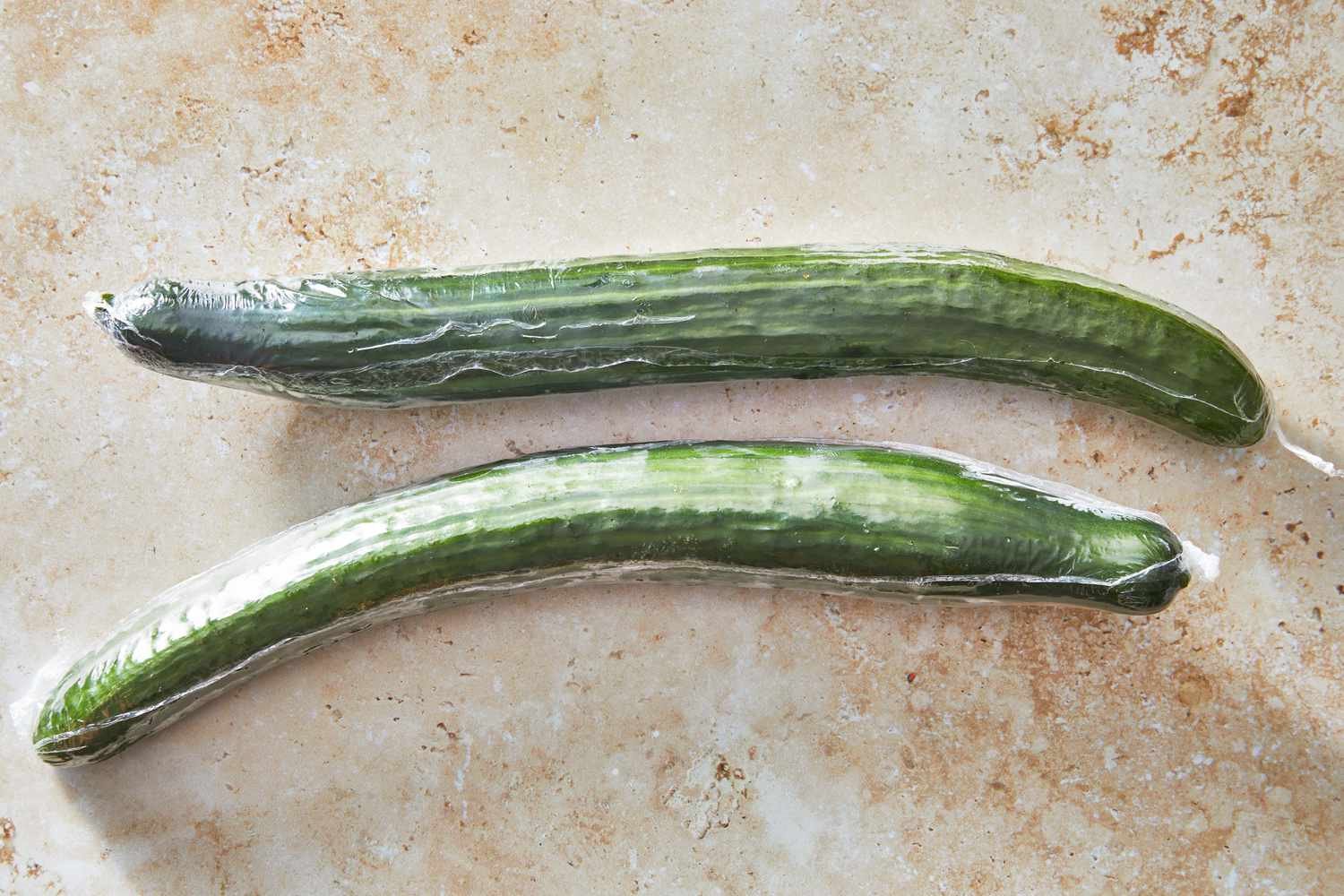

Articles
How To Store English Cucumbers
Modified: October 21, 2024
Learn how to properly store English cucumbers with our informative articles. Discover the best tips and techniques to keep your cucumbers fresh and delicious for longer.
(Many of the links in this article redirect to a specific reviewed product. Your purchase of these products through affiliate links helps to generate commission for Storables.com, at no extra cost. Learn more)
Introduction
In the world of fruits and vegetables, few things can match the refreshing and versatile nature of English cucumbers. These long, slender cucumbers are known for their crisp texture, mild flavor, and ability to be used in a variety of dishes. Whether you’re tossing them into a salad, slicing them for a sandwich, or simply enjoying them as a healthy snack, English cucumbers are a delicious addition to any meal.
Not only are English cucumbers tasty, but they also offer several health benefits. They are low in calories and packed with essential nutrients such as vitamins K and C, potassium, and dietary fiber. They are also a great source of hydration as they are composed mainly of water. Incorporating English cucumbers into your diet can support hydration, aid digestion, and contribute to overall well-being.
When it comes to storing English cucumbers, it is important to follow proper techniques to ensure their freshness and longevity. Correct storage will help preserve their crispness and flavor, allowing you to enjoy them for longer periods. This article delves into the best practices for storing English cucumbers, whether they are whole, sliced, or preserved.
Key Takeaways:
- Enjoy the refreshing crunch and mild flavor of English cucumbers by storing them properly. Follow tips for selecting, storing, and preserving to maintain their crispness and taste.
- Maximize the shelf life of English cucumbers with simple storage techniques. Keep them dry, refrigerated, and away from ethylene-producing fruits for optimal freshness and flavor.
Read more: How To Store Cucumber
Why Choose English Cucumbers
While cucumbers are widely available in different varieties, English cucumbers stand out for several reasons. Here are some reasons why you should choose English cucumbers:
- Superior Taste: English cucumbers are known for their mild and slightly sweet flavor. They have thin, tender skins that do not require peeling, making them easy to enjoy.
- Crunchy Texture: English cucumbers have a crisp and crunchy texture that adds a refreshing element to any dish. Whether you’re adding them to a salad or enjoying them as a snack, their texture is sure to delight your taste buds.
- Seedless: One of the biggest advantages of English cucumbers is that they are seedless or have very few seeds. This makes them easier to eat and eliminates the need to scoop out any seeds before using them in recipes.
- Longer Shelf Life: English cucumbers tend to have a longer shelf life compared to other cucumber varieties. This means that they can stay fresh for a longer period, allowing you to enjoy them over several days without worrying about spoilage.
- Versatility: English cucumbers are versatile in the kitchen. They can be used in a variety of dishes, from salads and sandwiches to wraps and sushi rolls. Their mild flavor and crisp texture make them a great addition to both raw and cooked preparations.
These reasons make English cucumbers a popular choice among home cooks and chefs alike. Their taste, texture, and versatility make them a staple ingredient in many dishes, offering a delightful and healthy addition to any meal.
Selecting Fresh English Cucumbers
When it comes to choosing English cucumbers, it’s essential to know what to look for to ensure you’re selecting the freshest and best-quality cucumbers available. Here are some tips to help you select fresh English cucumbers:
- Appearance: Look for cucumbers that have a vibrant green color. Avoid cucumbers that are discolored, yellowish, or have wrinkled or soft spots. Fresh English cucumbers should have a firm and smooth skin.
- Firmness: Gently press on the cucumber with your fingers. It should be firm but not too hard. If the cucumber feels soft or mushy, it is an indication that it is not fresh.
- Size: English cucumbers are typically longer and slimmer than traditional cucumbers. However, size does not determine freshness. Choose cucumbers that feel heavy in hand, regardless of their size.
- No Bitterness: Taste a small piece of the cucumber if possible. Fresh English cucumbers should have a mild, slightly sweet taste without any bitterness. Bitterness is a sign of maturity and can diminish the overall flavor of the cucumber.
- Avoid Bruised or Damaged Cucumbers: Check the cucumber for any bruises, cuts, or signs of damage. Bruised or damaged cucumbers are more prone to spoilage and will not last as long.
- Certified Organic: If you prefer to buy organic produce, look for cucumbers labeled as certified organic. This ensures that they have been grown without the use of synthetic pesticides or fertilizers.
By following these guidelines, you will be able to select fresh English cucumbers that are packed with flavor and have a longer shelf life. Remember that it’s best to use the cucumbers as soon as possible after purchasing to enjoy them at their peak freshness.
Storing Whole English Cucumbers
Properly storing whole English cucumbers is crucial to maintain their freshness and crispness. Here are some tips on how to store whole English cucumbers:
- Keep them dry: Before storing, make sure to pat dry the cucumbers with a clean kitchen towel or paper towels. Excess moisture can accelerate the spoilage process, so it’s important to remove any moisture on the skin.
- Wrap in plastic: Individually wrap each cucumber in plastic wrap or place them in a plastic bag. This helps to prevent moisture loss and keeps the cucumbers from drying out.
- Store in the refrigerator: Place the wrapped cucumbers in the vegetable compartment of the refrigerator. The cool temperature will help to maintain their freshness and extend their shelf life.
- Avoid cold spots: Ensure that the cucumbers are not directly exposed to the coldest spots in the refrigerator, such as the back wall or the bottom shelf. Extreme cold can freeze the cucumbers and affect their texture.
- Separate from ethylene-producing fruits: English cucumbers are sensitive to ethylene gas, which is released by certain fruits like apples, bananas, and tomatoes. To prevent premature ripening or spoilage, store cucumbers away from these ethylene-producing fruits.
- Check regularly: Regularly check the cucumbers for any signs of deterioration, such as soft spots or mold. Remove any spoiled cucumbers promptly to prevent them from affecting the remaining cucumbers.
By following these storage tips, you can help extend the shelf life of whole English cucumbers and keep them fresh and crisp for a longer period. Remember to use the cucumbers within a week for the best quality.
Storing Sliced English Cucumbers
Sliced English cucumbers are a popular addition to salads, sandwiches, and other dishes. To keep them fresh and prevent them from becoming soggy, here are some tips on how to store sliced English cucumbers:
- Slice just before use: For optimal freshness, it is best to slice the cucumbers just before you plan to use them. Once sliced, cucumbers tend to lose their crispness more quickly.
- Keep them dry: After slicing, gently pat dry the cucumber slices with a paper towel to remove any excess moisture. This will help prevent them from becoming soggy.
- Place in an airtight container: Transfer the sliced cucumbers into an airtight container or a resealable plastic bag. Make sure to remove as much air as possible before sealing to minimize moisture and maintain the crispness.
- Refrigerate promptly: Place the sealed container of sliced cucumbers in the refrigerator. The cool temperature will help to slow down the deterioration process and keep the cucumber slices fresh.
- Use within a few days: Sliced cucumbers are best when consumed within a few days. Over time, they can become less crunchy and develop a watery texture.
- Consider marinating: If you are planning to use the cucumber slices in pickled recipes or as a marinated ingredient, it is best to follow specific recipes and storage instructions to maintain their flavor and texture.
By following these guidelines, you can enjoy the convenience of pre-sliced English cucumbers while ensuring they stay fresh and retain their crispness. Remember to check the cucumber slices regularly for any signs of spoilage and discard any that appear mushy or have an unpleasant odor.
Store English cucumbers in the refrigerator, wrapped in a paper towel to absorb excess moisture. This will help keep them fresh for longer.
Read more: How To Store English Muffins
Storing English Cucumbers in the Refrigerator
The refrigerator is the ideal place to store English cucumbers to maintain their freshness and extend their shelf life. Here are some tips on how to store English cucumbers in the refrigerator:
- Leave them unwashed: It’s best to store English cucumbers unwashed. Washing them before storage can introduce moisture, leading to faster spoilage. You can wash them just before using them.
- Wrap in a paper towel: To absorb any excess moisture, wrap the English cucumbers loosely in a dry paper towel. This will help prevent them from becoming overly moist and prolong their crispness.
- Place in a perforated bag or container: To maintain adequate airflow, store the wrapped cucumbers in a perforated plastic bag or a container with small holes. This will prevent condensation from accumulating, preserving their quality.
- Store in the vegetable compartment: The vegetable compartment of the refrigerator is typically the best place to store English cucumbers. It provides a slightly higher humidity level and a stable temperature, keeping the cucumbers fresh.
- Avoid the coldest spots: Make sure the cucumbers are not placed near the coldest areas of the refrigerator, such as the back wall or the freezer compartment. Extreme cold can cause the cucumbers to freeze and compromise their texture.
- Keep away from ethylene-producing fruits: English cucumbers are sensitive to ethylene gas, which is released by certain fruits like apples, bananas, and tomatoes. Keep them away from these fruits to prevent premature ripening or spoilage.
- Check regularly: Regularly inspect the cucumbers for any signs of deterioration, such as soft spots or mold. Remove any spoiled cucumbers immediately to prevent them from affecting the others.
By following these storage tips, you can maximize the freshness and shelf life of English cucumbers in the refrigerator. Just remember to consume them within a week or so for the best taste and texture.
Storing English Cucumbers at Room Temperature
Although the refrigerator is the preferred storage location for English cucumbers, there are situations where storing them at room temperature may be necessary. Here are some guidelines for storing English cucumbers at room temperature:
- Avoid prolonged room temperature storage: English cucumbers are more perishable than some other fruits and vegetables. Therefore, it’s generally recommended to store them in the refrigerator to maintain their freshness and prolong their shelf life.
- Short-term storage only: If you need to store English cucumbers at room temperature for a short period, it’s best to keep them in a cool, dry area away from direct sunlight and heat sources. This will help slow down the ripening process and prevent them from becoming overly soft.
- Consider storage in a pantry or cellar: If you have a pantry or cellar with controlled temperature and humidity, it can be a suitable alternative to the refrigerator for short-term storage of English cucumbers. Ensure proper ventilation and protection from humidity are provided.
- Check regularly for signs of spoilage: It’s crucial to inspect room temperature-stored cucumbers frequently for any signs of decay or mold. Discard any cucumbers that appear mushy, discolored, or have an off smell.
- Use promptly: Room temperature-stored English cucumbers should be consumed as soon as possible to ensure the best taste and quality. They will not last as long as refrigerated cucumbers.
- Consider refrigeration for long-term storage: If you anticipate that you won’t be able to consume the cucumbers within a day or two, it’s advisable to transfer them to the refrigerator to maintain their freshness and extend their shelf life.
While it’s generally best to store English cucumbers in the refrigerator, using the above guidelines for short-term room temperature storage can be a viable option when necessary. However, refrigeration remains the optimal choice to preserve the cucumbers’ texture, flavor, and overall quality.
Preserving English Cucumbers for Longer Storage
If you have an abundance of English cucumbers and want to preserve them for longer storage, there are a few methods you can employ. Here are some ways to preserve English cucumbers:
- Freezing: Freezing is a common method to preserve cucumbers. However, it’s important to note that the texture of cucumbers can change after freezing, making them more suitable for cooked dishes or pickling rather than fresh eating. To freeze cucumbers, wash and slice them, then blanch the slices briefly in boiling water before transferring them to an airtight container or freezer bag.
- Pickling: Pickling cucumbers is a popular way to preserve their flavor and extend their shelf life. You can make different types of pickles depending on your preference, such as dill pickles, bread and butter pickles, or spicy pickles. Follow a reliable recipe for pickling and store the jars in a cool, dark place or in the refrigerator for long-term storage.
- Canning: Canning is another preservation method that allows you to store English cucumbers for an extended period. This involves sterilizing glass jars, packing the cucumbers with a brine or vinegar solution, and then processing them in a water bath or pressure canner. Canned cucumbers can be stored in a cool, dark place and enjoyed throughout the year.
- Dehydrating: Dehydrating cucumbers removes the moisture, resulting in cucumber chips or powder that can be used in various recipes. Slice the cucumbers thinly and place them in a food dehydrator or set your oven to a low temperature to dry them. Once dehydrated, store them in an airtight container in a cool, dry place.
- Fermenting: Fermenting cucumbers is a traditional preservation method that not only extends their shelf life but also enhances their nutritional value. Use a saltwater brine or a starter culture to ferment the cucumbers, allowing them to develop a unique tangy flavor over time. Store the fermented cucumbers in the refrigerator for longer storage.
Each preservation method has its own considerations and techniques to follow. It’s essential to use proper equipment, follow reliable recipes, and adhere to recommended safety practices to ensure the preservation is effective and safe to consume. Experimenting with different preservation methods can provide you with a variety of ways to enjoy English cucumbers throughout the year.
Tips for Keeping English Cucumbers Fresh
To maximize the freshness and quality of English cucumbers, here are some valuable tips to keep in mind:
- Store them unwashed: Avoid washing English cucumbers until you are ready to use them. Excess moisture can speed up spoilage, so it’s best to keep them unwashed until you’re ready to incorporate them into your cooking or salads.
- Keep them dry: Moisture can cause cucumbers to become mushy or moldy more quickly. Prior to storage, gently pat dry the cucumbers with a paper towel or kitchen towel to remove any excess moisture.
- Avoid exposure to ethylene: Cucumbers are sensitive to ethylene gas, which is released by certain fruits like apples, bananas, and tomatoes. Keep cucumbers away from these ethylene-producing fruits to prevent premature ripening and deterioration.
- Inspect regularly: Check your cucumbers regularly for any signs of spoilage, such as soft spots, mushiness, or mold. Remove any damaged cucumbers immediately to prevent them from affecting the others.
- Separate if necessary: If you notice a cucumber starting to spoil, separate it from the rest to avoid the spread of decay. Individual wrapping or storage in separate containers can help prevent the spread of bacteria or mold.
- Be mindful of storage temperature: English cucumbers are best stored at cool temperatures. A refrigerator set between 40-45°F (4-7°C) is ideal for maintaining freshness and extending their shelf life.
- Wrap them individually: To keep cucumbers fresher for longer, wrap each cucumber individually in a paper towel or place them in a perforated plastic bag. This helps to absorb excess moisture and maintain their crispness.
- Use cut cucumbers promptly: If you have leftover cut cucumbers, try to use them within a day or two. Cut cucumbers tend to lose their crispness and become less appetizing over time.
- Avoid prolonged storage: English cucumbers are best enjoyed when consumed within a week of purchase. Their flavor and texture may deteriorate beyond that time, so try to buy or harvest them in quantities you can consume relatively quickly.
By following these tips, you can keep your English cucumbers fresh, flavorful, and at their best for as long as possible. Enjoy the crispness and versatility of these delicious vegetables in your favorite recipes!
Read more: How To Store Cut Cucumbers
Conclusion
English cucumbers are a fantastic addition to any meal, offering a refreshing crunch and a mild flavor. To ensure you enjoy the best quality and freshness, it is crucial to store them correctly. Whether you choose to store whole cucumbers, sliced cucumbers, or preserve them for longer storage, following the appropriate techniques can make a significant difference in maintaining their texture and taste.
Selecting fresh cucumbers is the first step in ensuring the best quality produce. Look for vibrant green cucumbers with a firm texture and avoid any signs of spoilage. Storing whole cucumbers in the refrigerator, wrapped individually and kept in the vegetable compartment, will help prolong their freshness. Sliced cucumbers can be stored in the refrigerator as well, provided they are dry and placed in an airtight container.
When it comes to longer storage, freezing, pickling, canning, dehydrating, or fermenting cucumbers offer different preservation options. Each method can help you enjoy English cucumbers over an extended period in various ways, such as frozen slices for cooking or pickles for snacking.
Lastly, following general tips for keeping English cucumbers fresh, such as keeping them dry, inspecting regularly for spoilage, and avoiding exposure to ethylene-producing fruits, can help maintain their quality. Remember to consume cucumbers within a reasonable timeframe for the best taste and texture.
By incorporating these practices into your routine, you can ensure that English cucumbers remain crisp, flavorful, and ready to enhance your favorite dishes. So, next time you bring home a bunch of English cucumbers, take proper care of them and savor the fresh and vibrant flavors they bring to your meals.
Frequently Asked Questions about How To Store English Cucumbers
Was this page helpful?
At Storables.com, we guarantee accurate and reliable information. Our content, validated by Expert Board Contributors, is crafted following stringent Editorial Policies. We're committed to providing you with well-researched, expert-backed insights for all your informational needs.
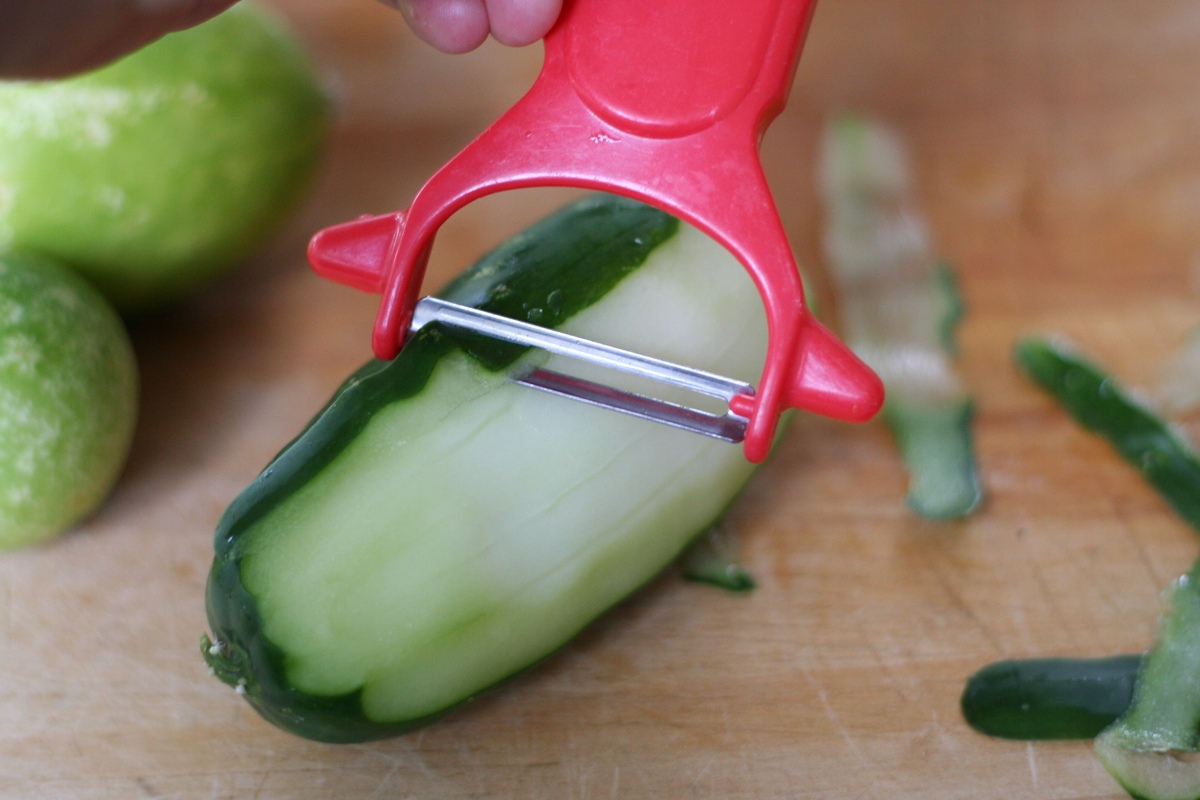
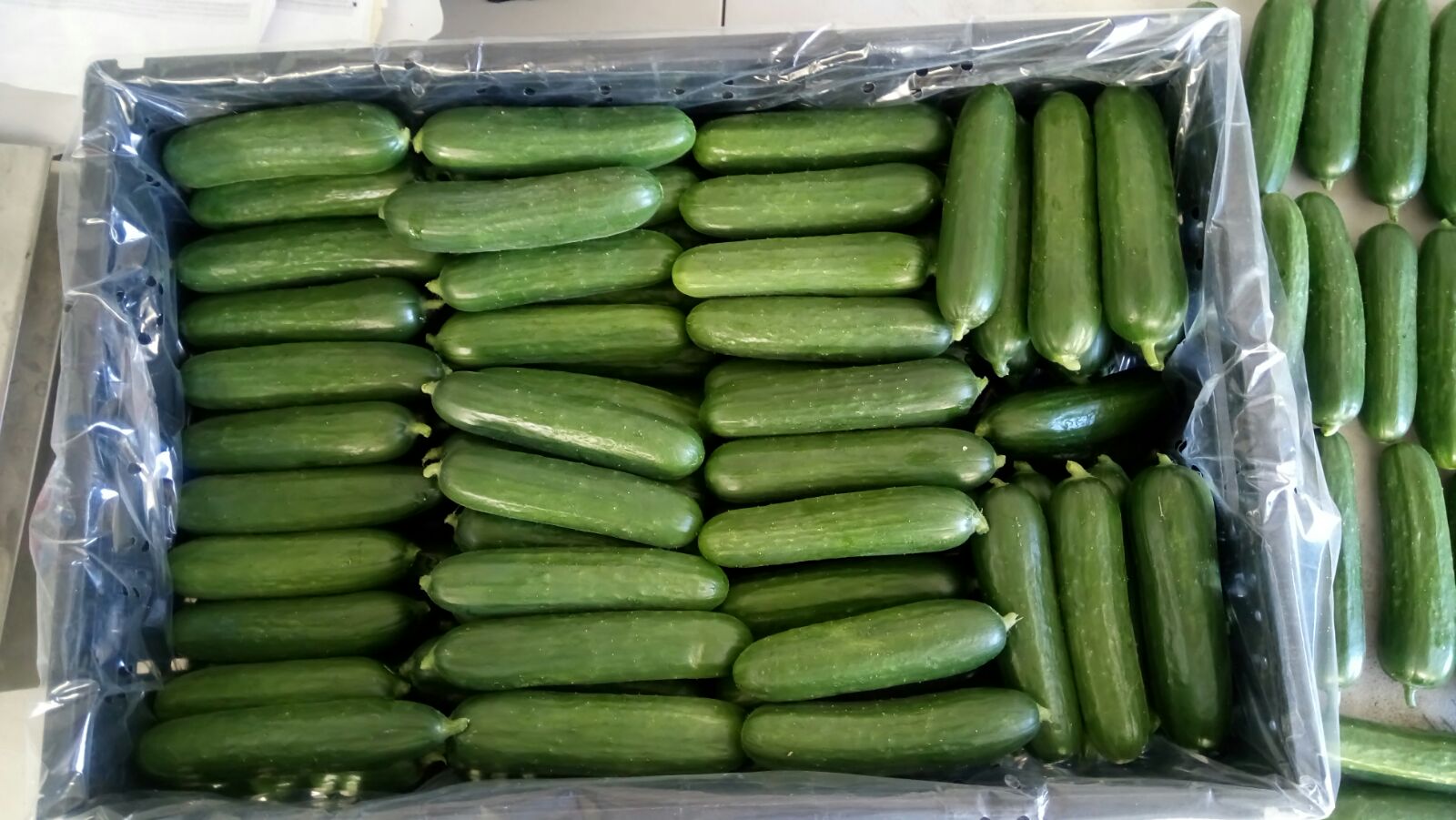
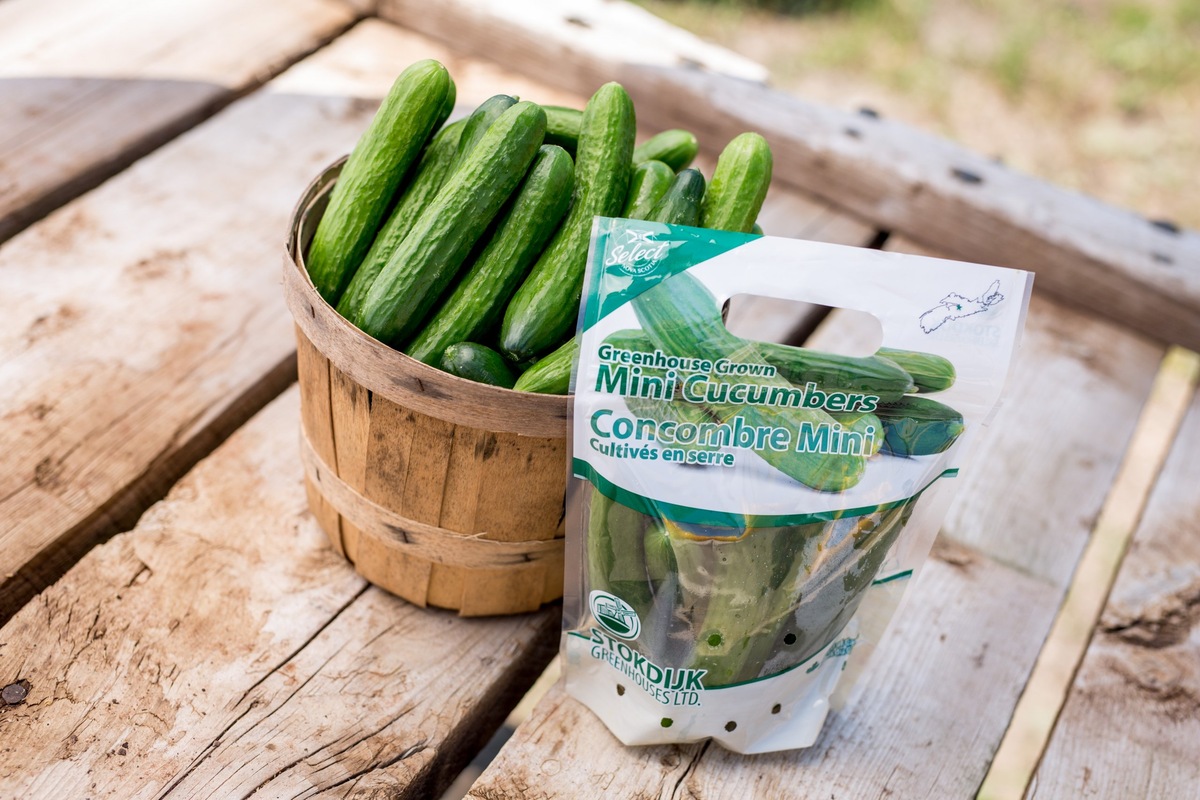
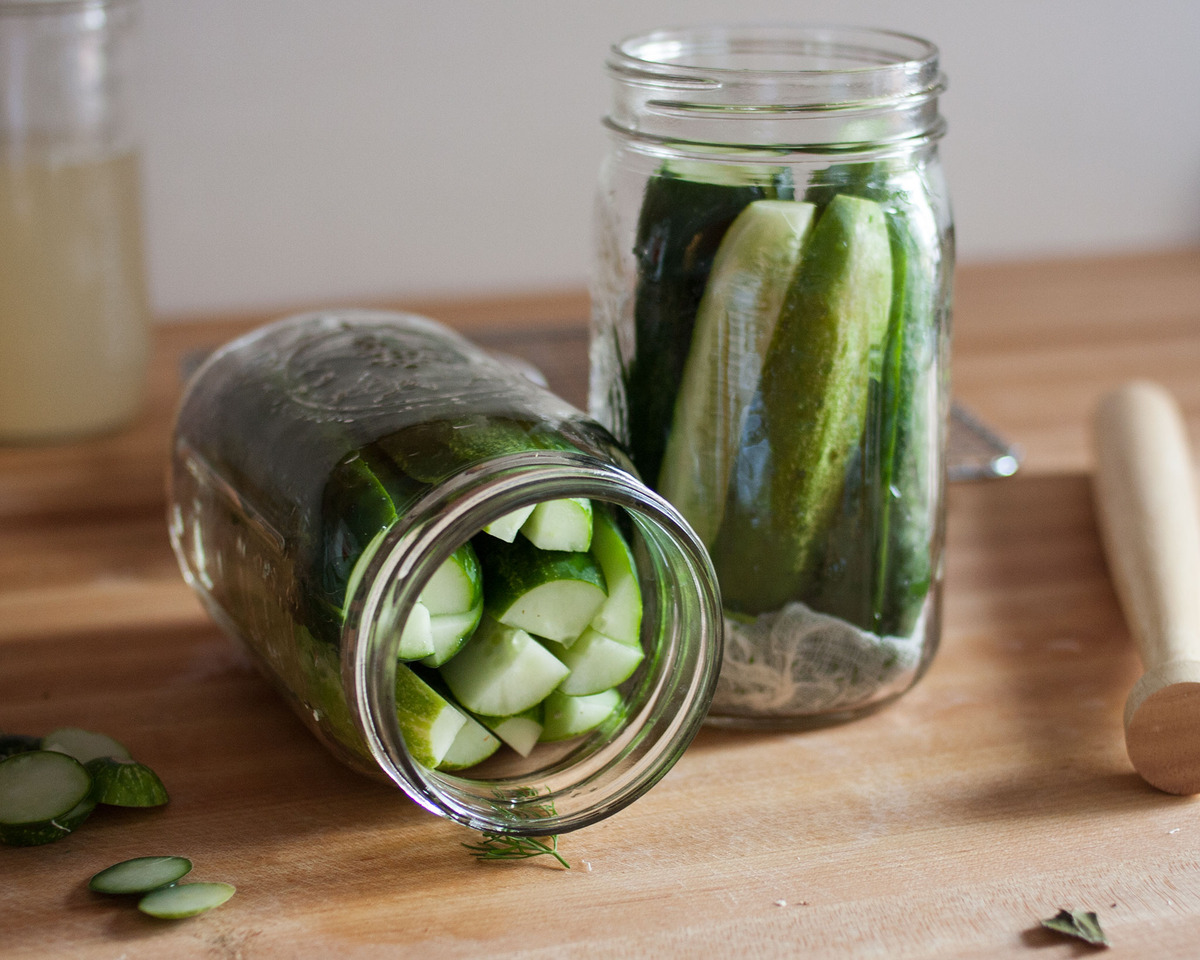
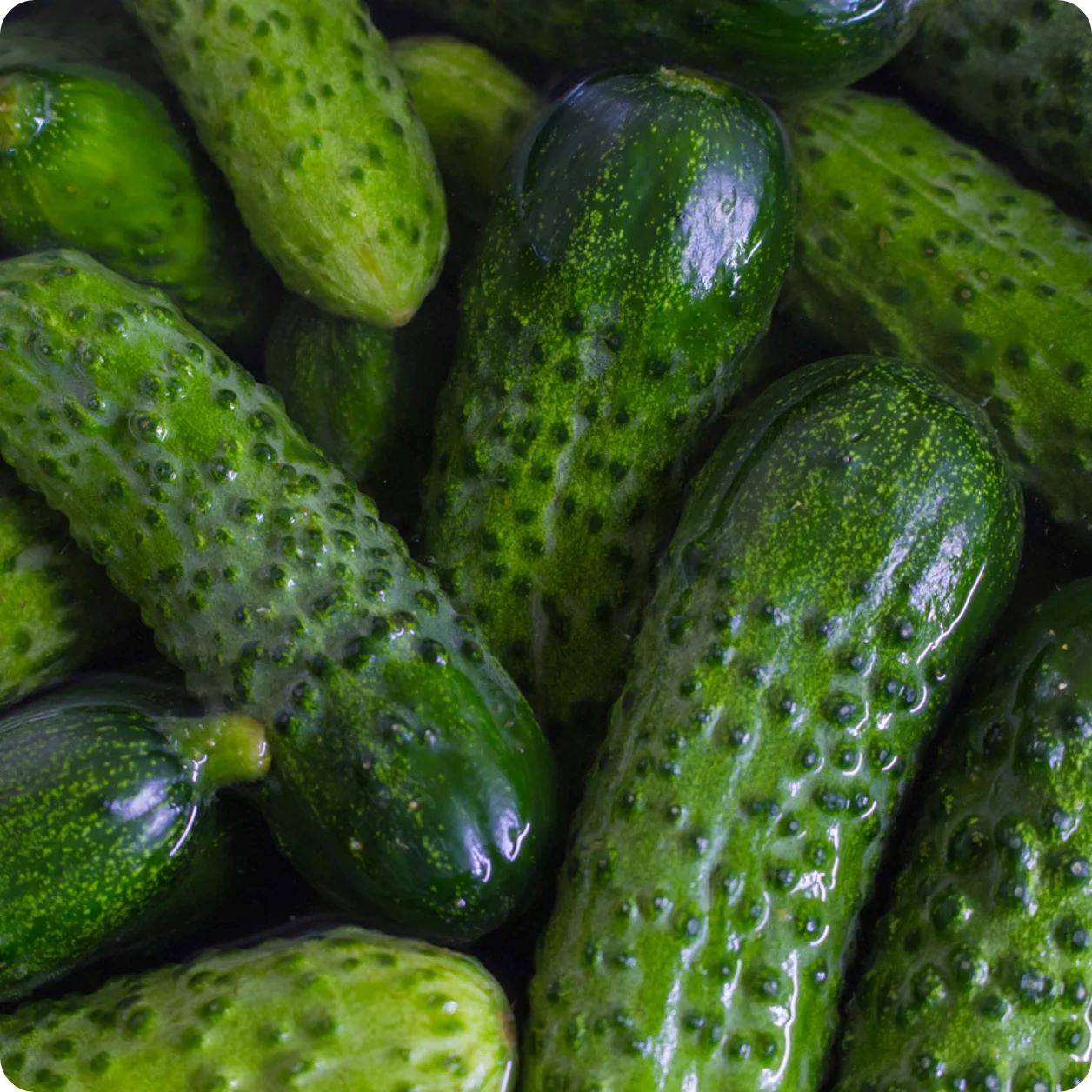
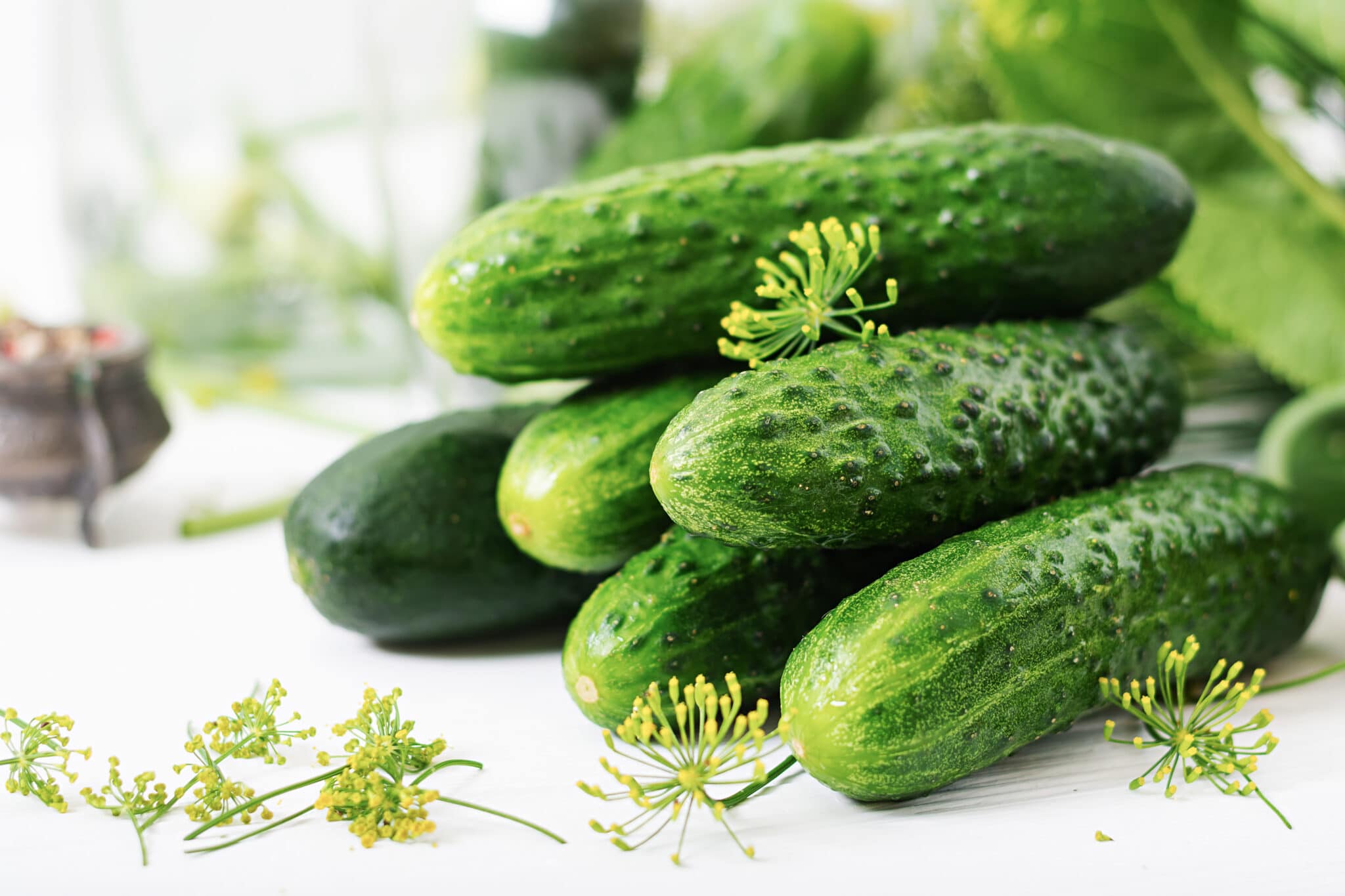
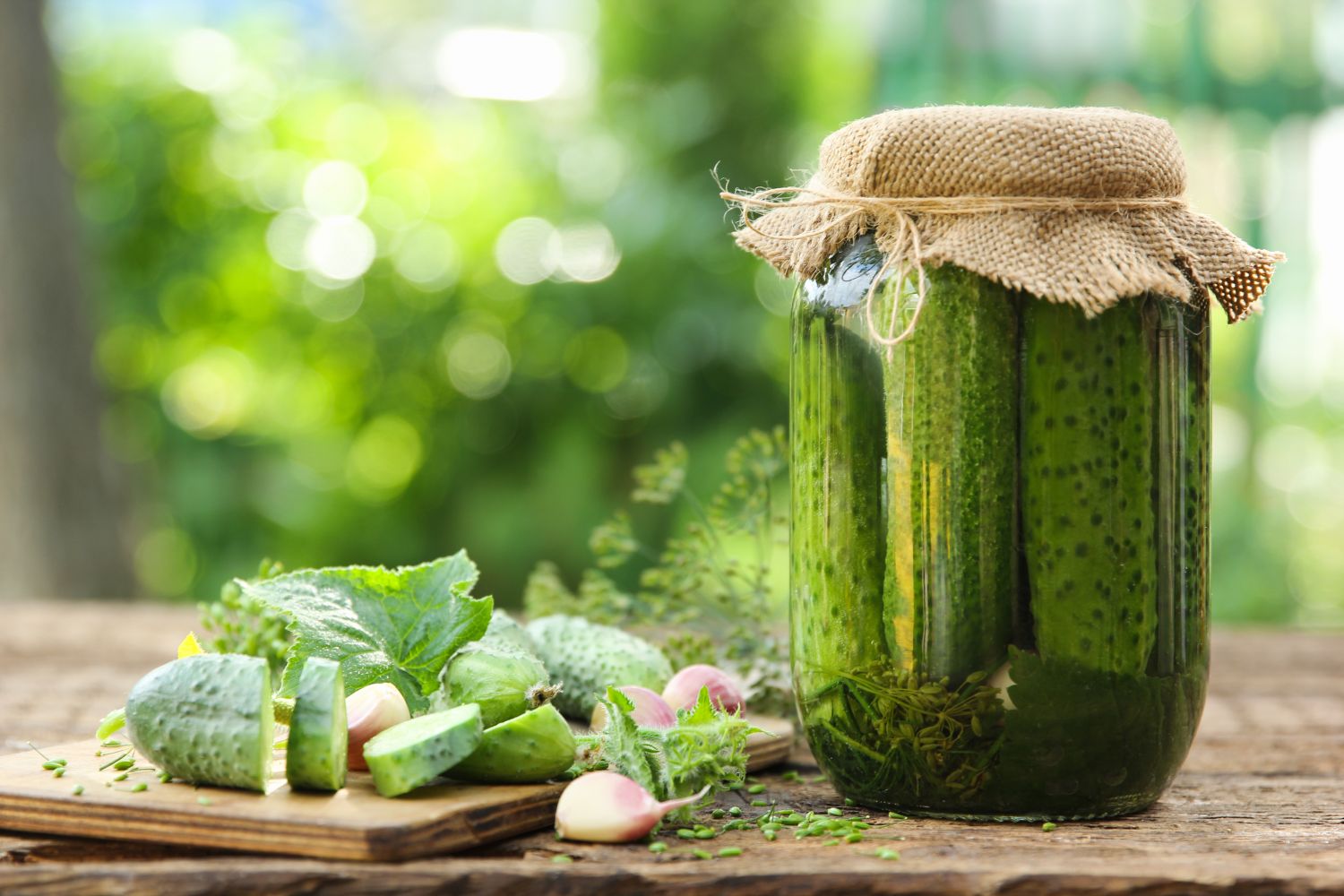
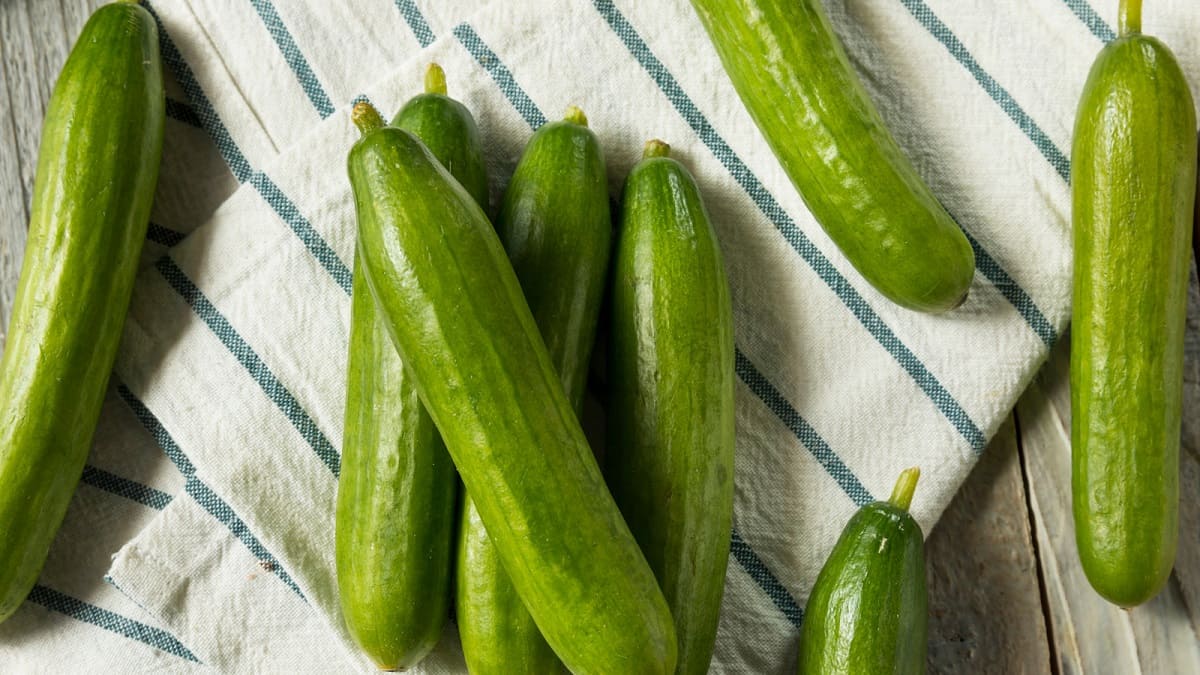
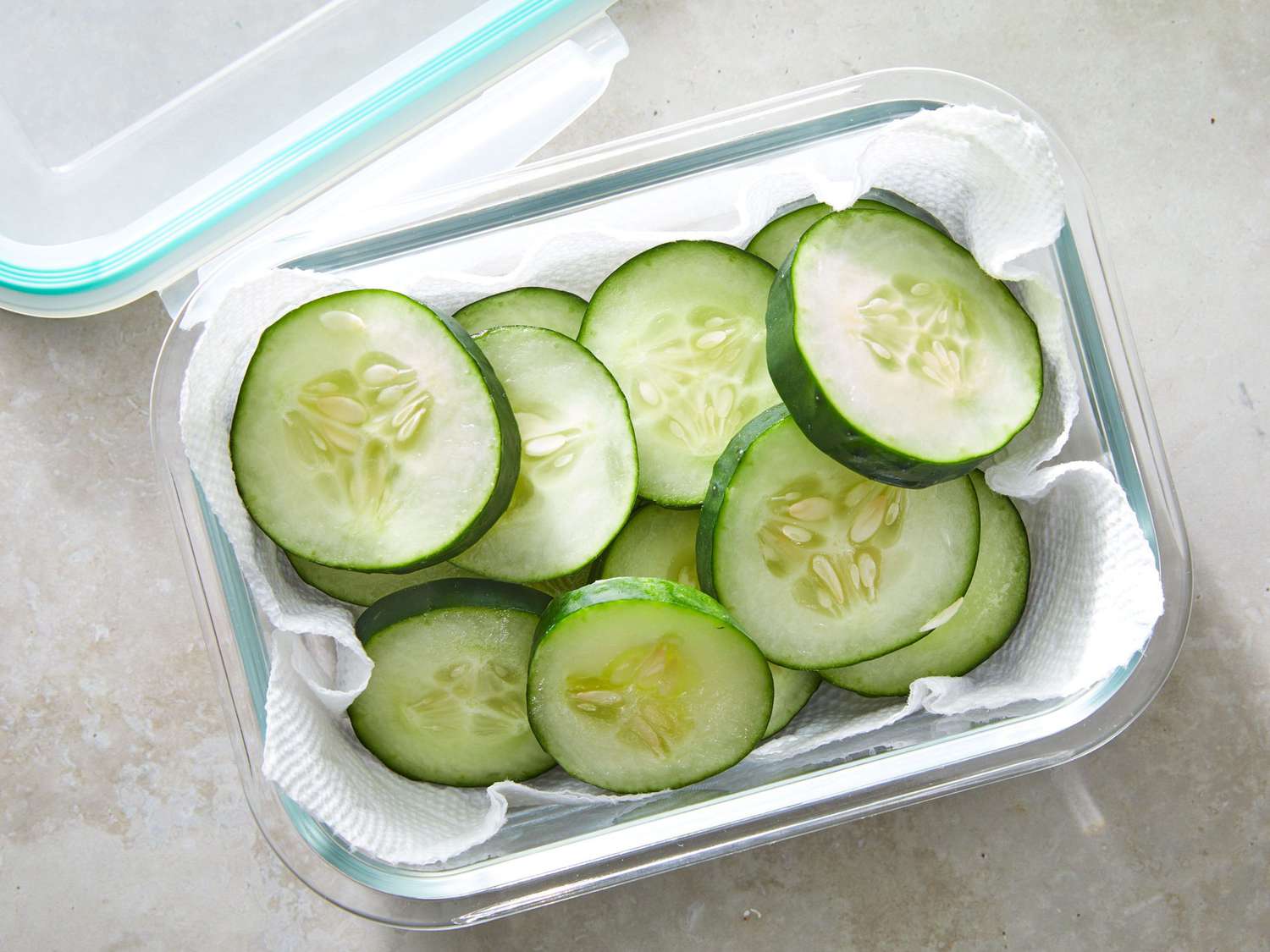
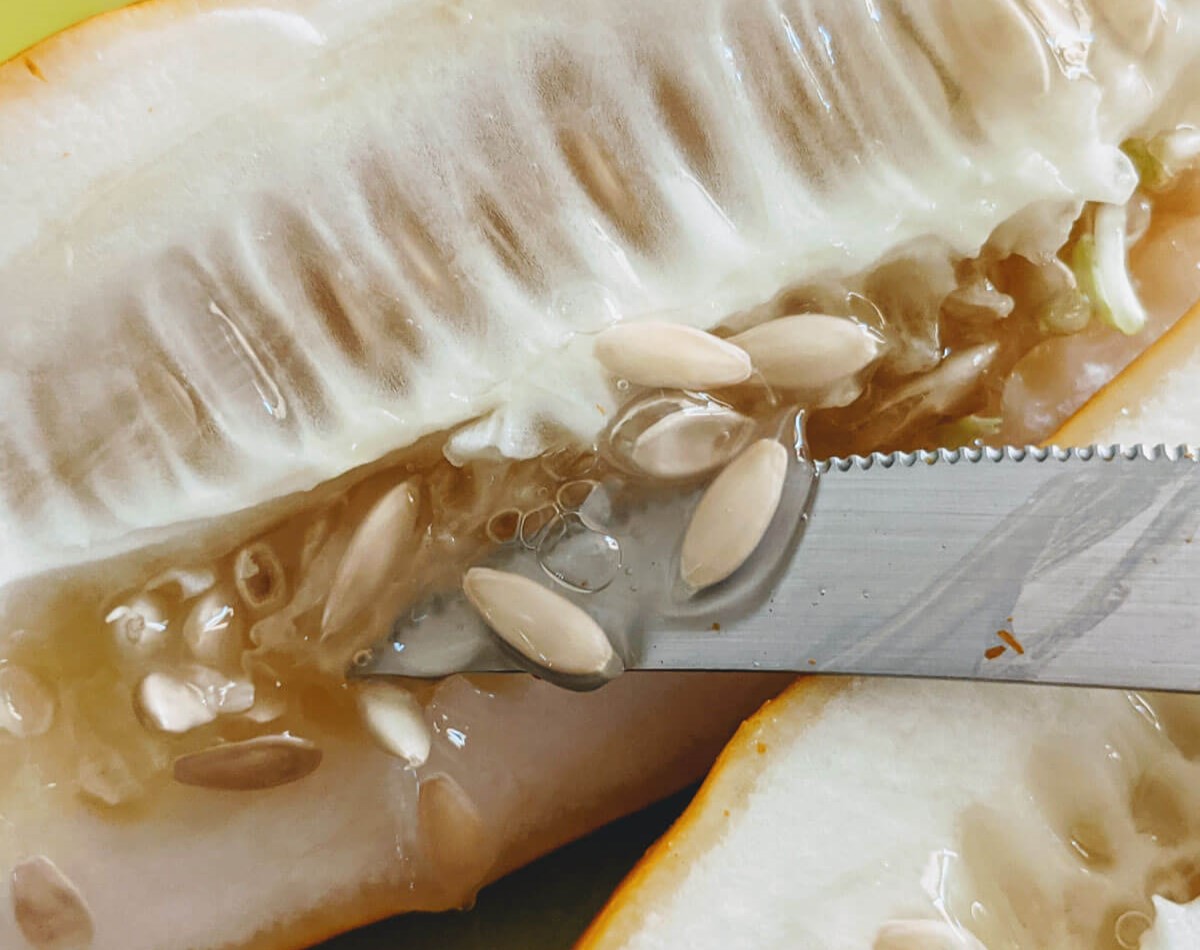

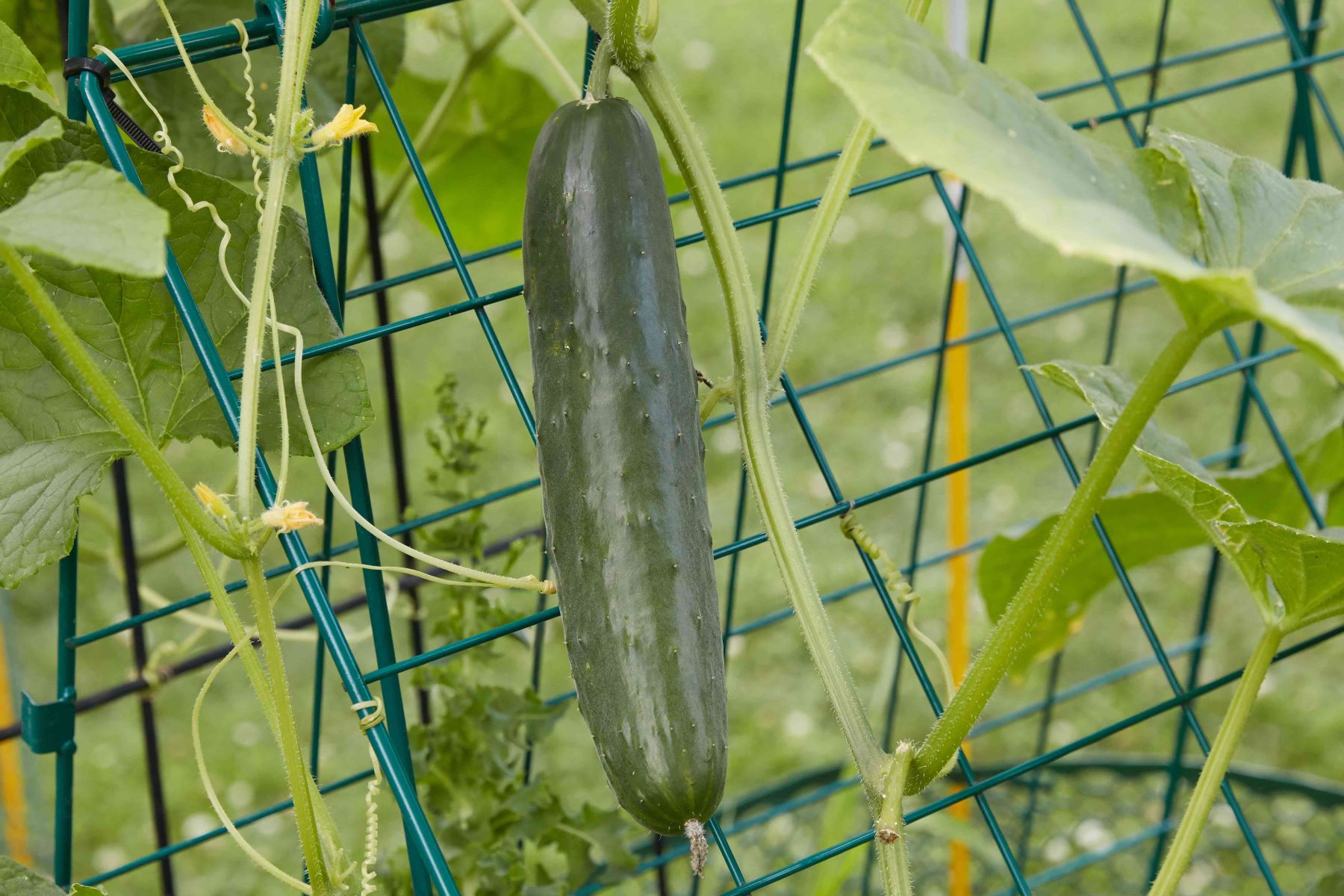
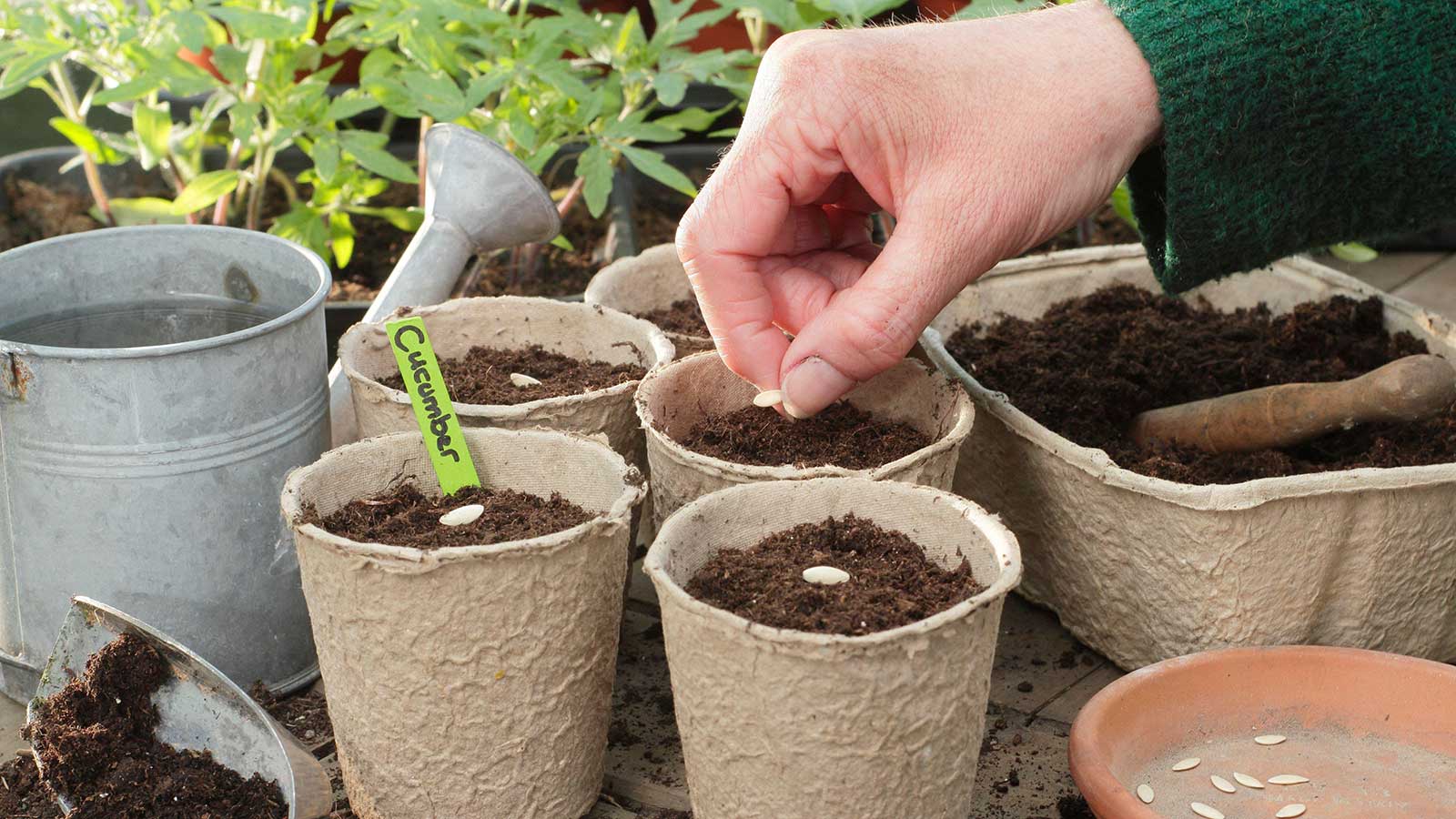

0 thoughts on “How To Store English Cucumbers”